Energy-Efficient Heating and Cooling: 3 Tips to Lower Your Utility Bills
Energy consumption has a direct impact on both household budgets and the environment, and heating and cooling account for a large portion of that expense. Heating, ventilation, and air conditioning (HVAC) systems are essential for year-round comfort, but when they operate inefficiently, utility bills climb quickly. In fact, $14 billion is spent on HVAC services and repairs each year, according to WebFX. This staggering number highlights the financial burden homeowners face when systems are outdated, poorly maintained, or simply not energy efficient.
Fortunately, homeowners have many options to improve efficiency and lower costs. By better understanding current energy use, upgrading to modern systems, maintaining them regularly, and embracing both passive strategies and smart technology, it is possible to make measurable improvements. Each step contributes not only to immediate financial savings but also to long-term sustainability. With the expertise of a qualified HVAC contractor, these changes can be implemented properly and tailored to a home’s unique needs, ensuring lasting comfort and efficiency.
Understanding Energy Use and System Performance
The journey toward lower energy bills begins with a careful evaluation of how energy is currently being consumed in the home. Reviewing past utility bills provides valuable insights into patterns of energy use, including seasonal spikes during particularly hot summers or cold winters. These bills can also reveal whether your home is consistently using more energy than similar households, which may be an early indicator of HVAC inefficiency. By taking the time to analyze this information, homeowners can focus on the times and conditions that cause the greatest financial strain.
From there, the HVAC system itself becomes the primary area of focus. Many homeowners underestimate how much an older system can contribute to rising costs. A unit that is ten to fifteen years old will almost certainly operate at a lower efficiency level than modern equipment, even if it is still technically functional. Partnering with an HVAC contractor for a professional assessment is essential. Contractors can test system performance, evaluate ductwork, and determine whether energy loss is occurring in ways that may not be obvious to the homeowner. They can also help conduct or arrange a full energy audit, which examines insulation, air leakage, and appliance efficiency to provide a clear picture of where improvements should be made first.
While a homeowner can perform a simple audit by checking for drafts around windows and doors, a professional evaluation by an HVAC contractor often reveals deeper issues, such as leaky ducts or inefficient airflow distribution. These findings provide a roadmap for upgrades and repairs that will have the most impact on energy bills.
Upgrading to Modern, Efficient HVAC Systems
Once a homeowner understands where energy is being wasted, the next step is considering an upgrade. Modern HVAC systems are designed with efficiency in mind, and many are Energy Star certified, meaning they meet strict government standards for reduced energy consumption. These systems can use significantly less power than older models, lowering monthly bills while maintaining consistent comfort. An HVAC contractor plays a crucial role in selecting the right system, as not every home requires the same size or style of equipment. Oversized or undersized units can cause inefficiency, so professional guidance ensures the best fit.
Homeowners should also understand efficiency ratings when making this investment. SEER (Seasonal Energy Efficiency Ratio) ratings for cooling and HSPF (Heating Seasonal Performance Factor) ratings for heating indicate how efficiently a system operates. The higher the rating, the more efficient the unit will be, and over time, the savings can more than make up for the initial purchase cost. An HVAC contractor can explain these ratings in simple terms, showing how they apply to a specific household’s climate and energy use.
Beyond traditional systems, renewable energy options are becoming more practical. Solar panels and geothermal heating systems, for instance, provide clean, renewable sources of energy that significantly reduce reliance on the power grid. While the upfront investment can be intimidating, government incentives and rebates often make these technologies more accessible. Homeowners working with an experienced HVAC contractor can explore whether their property is suitable for such systems and how the long-term financial and environmental benefits may outweigh the initial costs.
Maintaining Systems for Long-Term Efficiency
Upgrading equipment is only part of the solution. Maintenance plays an equally important role in ensuring HVAC systems operate at peak efficiency for as long as possible. Seasonal inspections are recommended at least twice a year, ideally in spring and fall, to prepare systems for extreme weather demands. During these visits, an HVAC contractor can check for worn parts, clean components, and test performance to catch small problems before they turn into costly repairs. This proactive approach not only protects the homeowner’s financial investment but also keeps monthly bills under control.
Another simple but highly effective maintenance task is replacing air filters regularly. A clogged filter restricts airflow, forcing the system to work harder to heat or cool the home. This not only raises energy costs but also shortens the lifespan of the unit. Depending on usage and manufacturer guidelines, filters should be replaced every one to three months. Though this seems like a minor task, over the course of a year, it can have a noticeable impact on both utility bills and indoor air quality.
Programming thermostats is another strategy that produces measurable savings. By setting temperatures lower in winter while sleeping and higher in summer while away from home, unnecessary energy use can be avoided. Smart thermostats take this even further, learning household patterns and making automatic adjustments to maximize efficiency. Many can be controlled remotely through apps, ensuring that energy is never wasted while the home is unoccupied. An HVAC contractor can recommend and install these devices, ensuring they integrate properly with existing systems.
Embracing Smart Technology for Future Savings
The future of home comfort is rooted in smart technology. Smart thermostats, home automation systems, and intelligent HVAC units allow homeowners to control energy use with precision. Smart thermostats learn household habits, while home automation integrates lighting, appliances, and climate control for complete efficiency management. Advanced heat pumps and air conditioners now feature variable-speed technology, adjusting output to match real-time demand and minimizing wasted energy.
These innovations may seem complex, but an HVAC contractor can make the transition seamless. By installing and programming the right devices, contractors ensure homeowners reap the benefits of cutting-edge technology without the confusion of navigating it alone. Over time, these systems provide substantial savings and align with broader sustainability goals.
Beyond cost savings, embracing smart technology also increases the overall value of a home. Buyers are increasingly attracted to properties with integrated energy-efficient systems, and a well-installed smart HVAC setup can be a strong selling point. With the guidance of an experienced HVAC contractor, homeowners not only enjoy lower monthly bills and enhanced comfort but also make their property more appealing on the market. This long-term investment pays dividends in both daily living and future resale potential.
Lowering utility bills while maintaining a comfortable home is entirely possible with a thoughtful approach to energy efficiency. By understanding energy use, upgrading to efficient equipment, performing regular maintenance, adopting passive techniques, and embracing smart technology, homeowners can dramatically reduce costs. These strategies not only improve financial stability but also contribute to environmental health, making them a win-win investment for the future.
With billions already spent annually on inefficient systems and repairs, there is no better time to act. The expertise of a skilled HVAC contractor ensures that every change, from upgrades to maintenance, is done right the first time.
Take action today—consult Modern Air Conditioning & Heating, Inc today, and make sure your home delivers the highest levels of comfort, efficiency, and performance for years to come.
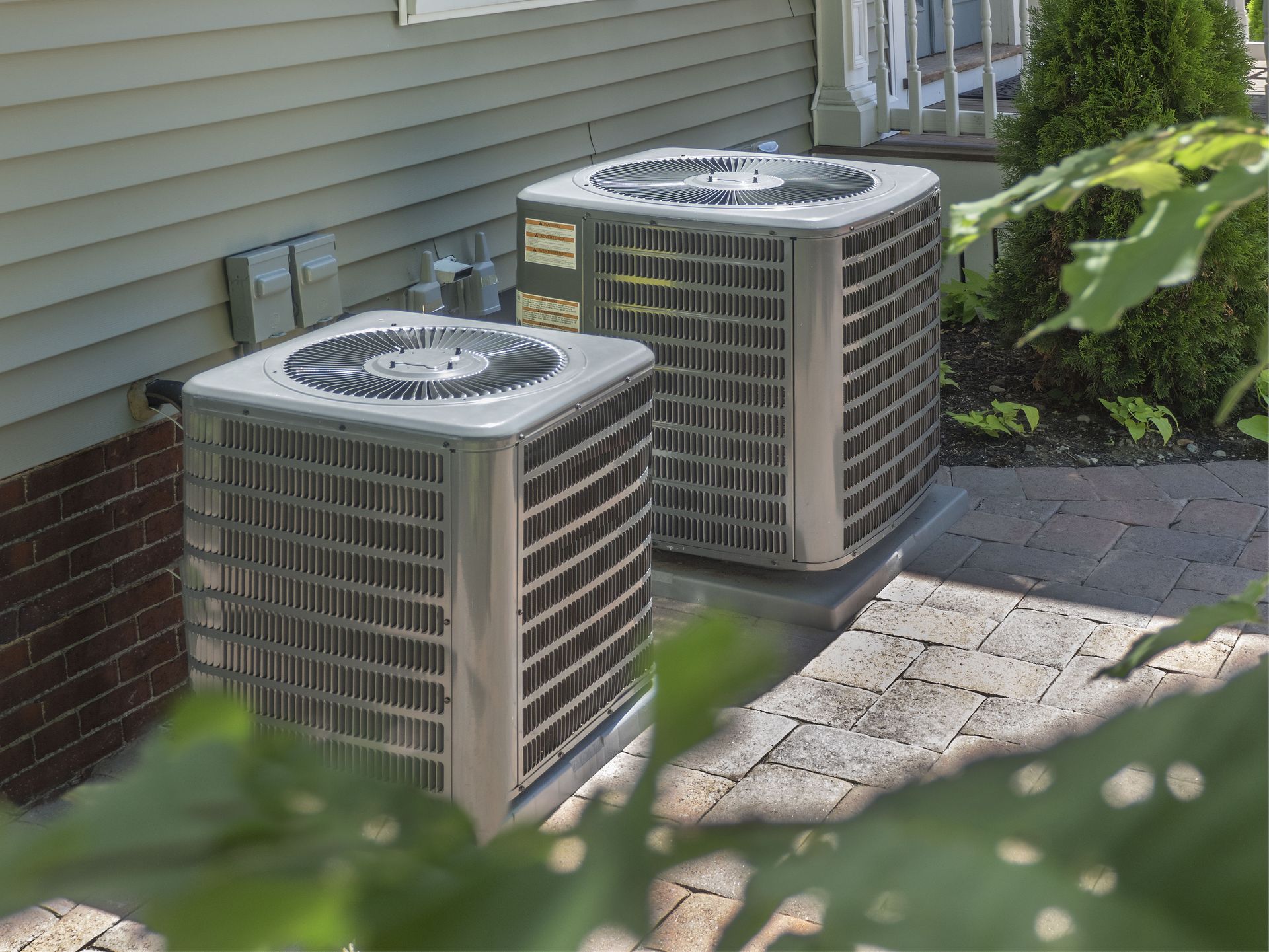


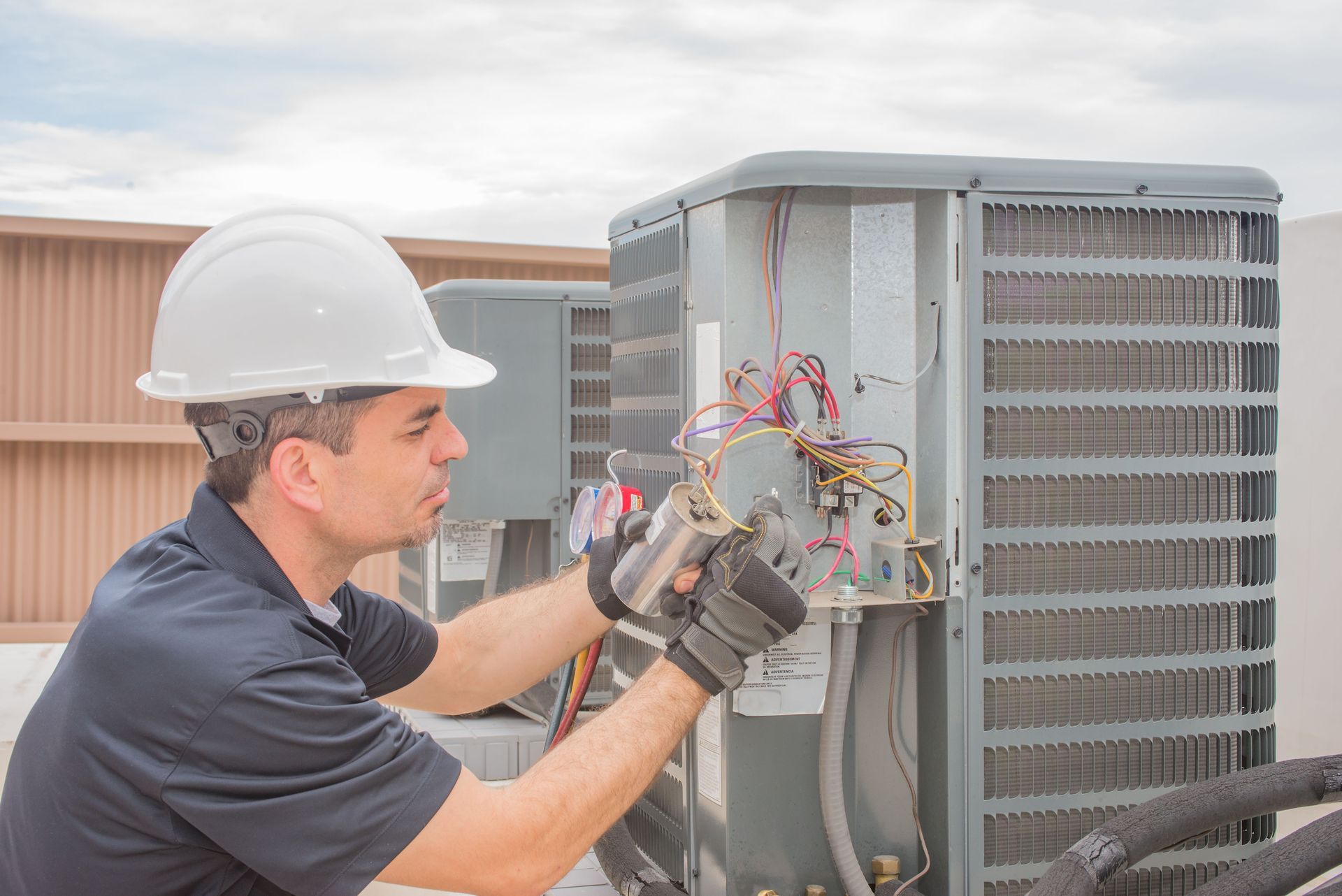
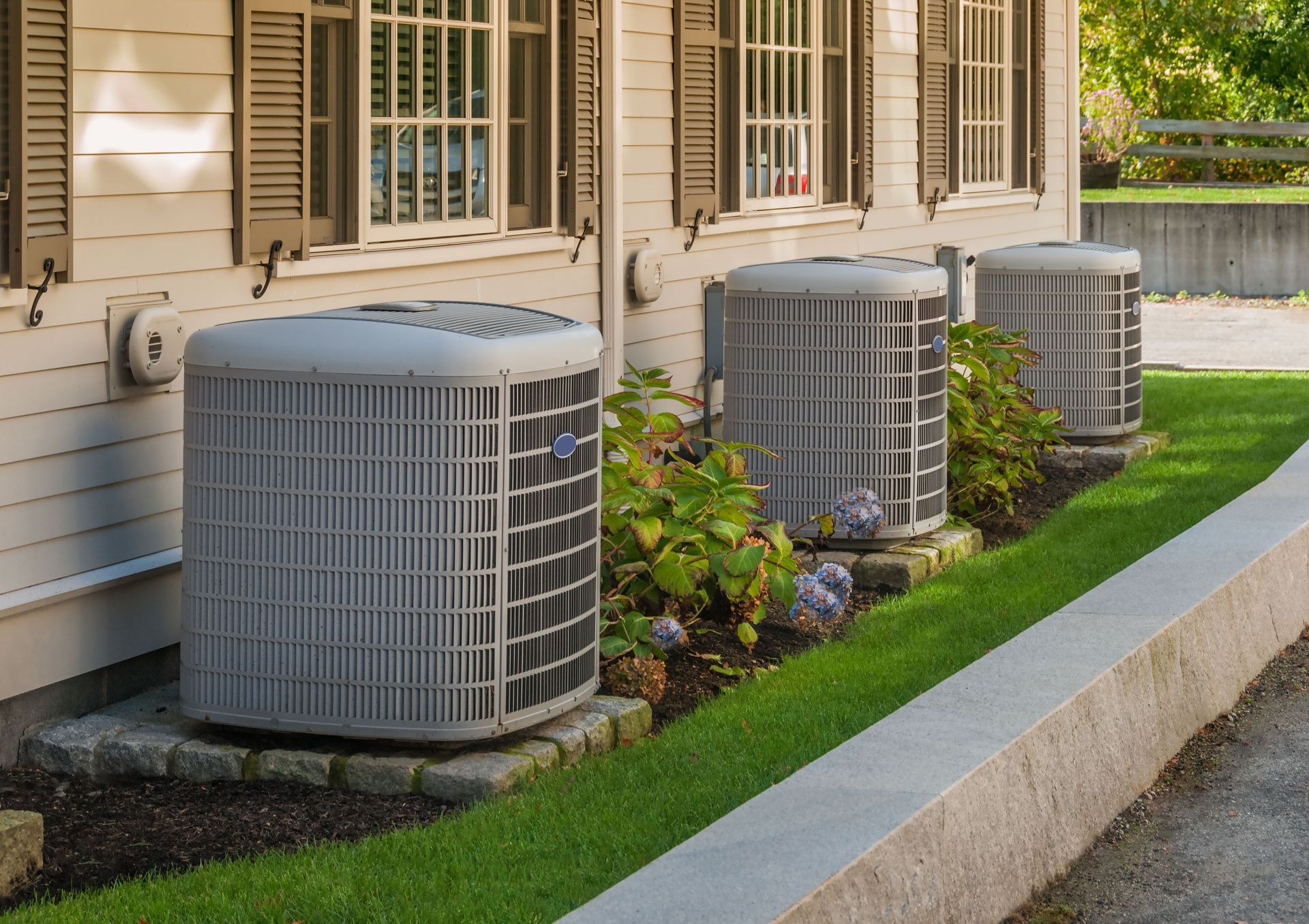
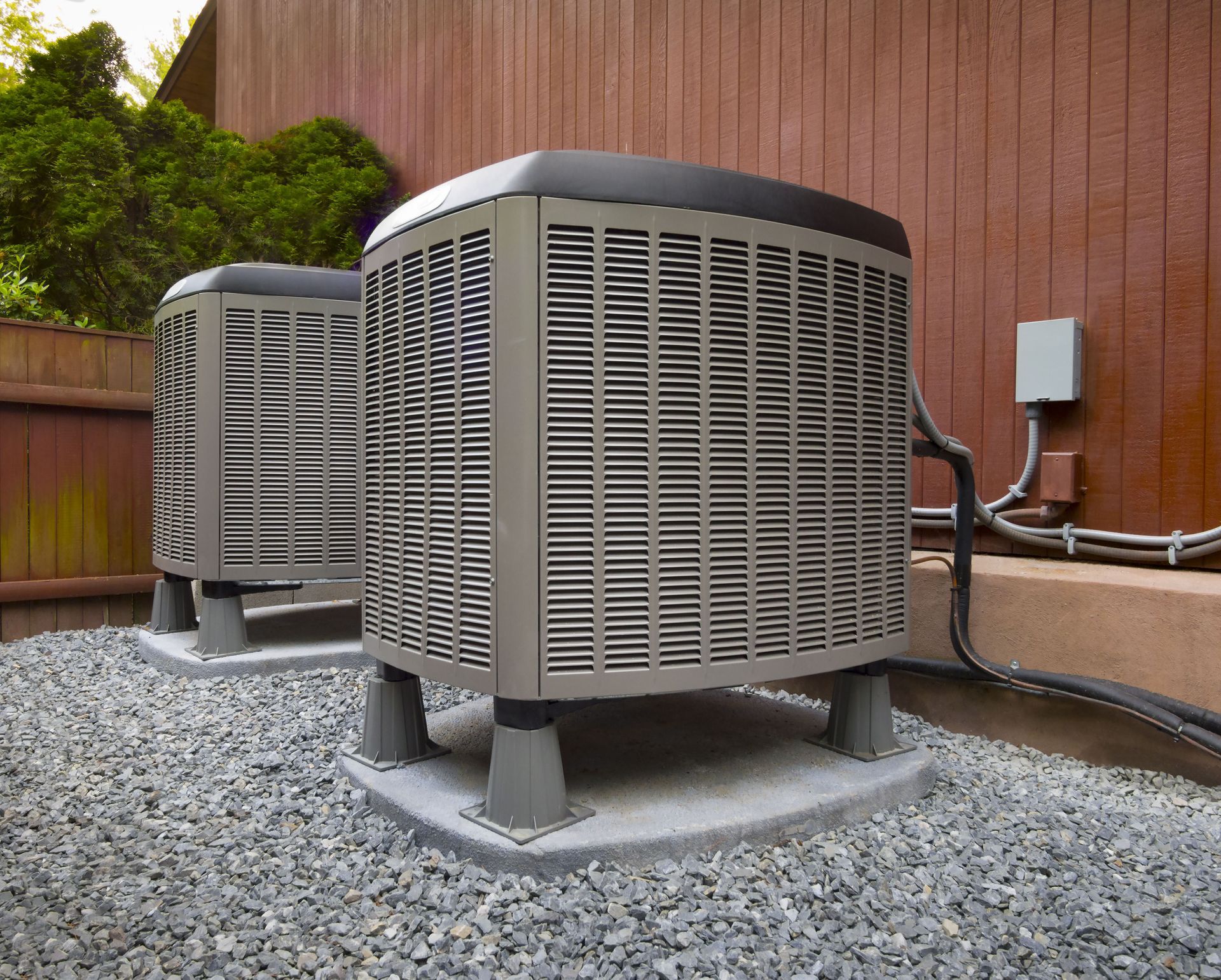
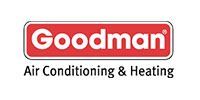
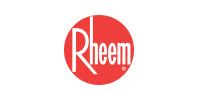
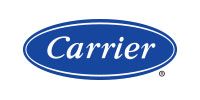
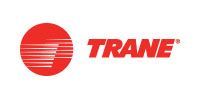
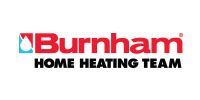
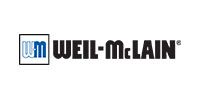

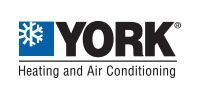
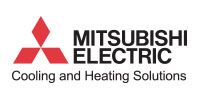
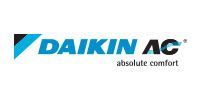
Share On: